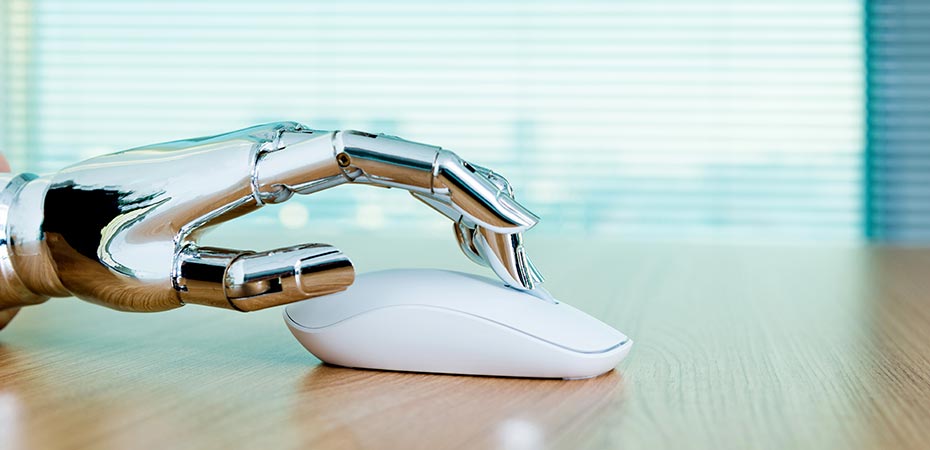The United States Patent and Trademark Office (USPTO) is the latest patent office to confirm that inventions by artificial intelligence (AI) are not patentable. This is a potential issue for all industries and probably most pressing in Life Sciences, given the growing use of AI in drug discovery.
The USPTO denied an application for a patent that named an AI, called DABUS, as the inventor. The USPTO held that the US patent statutes preclude interpretation of “inventor” to cover machines. The decision does not cite any express statutory limitation, but relies on “the plain reading” of words such as “whoever”, “himself”, “herself” and “individual” and a statement that an inventor who executes an oath is a “person”. The decision cites US case law that inventors cannot be states or corporations. It relies on these cases as authority for the proposition that the “conception” of an invention must be performed by a natural person and it notes that this is consistent with the approach to inventorship in the USPTO’s Manual of Patent Examining Procedure.
Related patent applications have already failed before the UK’s Intellectual Property Office (UKIPO) and the European Patent Office (EPO).
In December 2019, a UKIPO hearing officer decided that the UK Patents Act 1977 requires an invention by a natural person. The hearing officer noted that the European Patent Convention (EPC) was drafted in the early 1960s and never contemplated non-human inventors. By the time of the hearing, the UKIPO amended its Formalities Manual to provide that an application naming an AI as inventor will be “taken to be withdraw” (section 3.05).
In January 2020, the European Patent Office (EPO) rejected two applications naming the DABUS AI as inventor on a procedural ground: an application for a European Patent must designate an inventor and “state the family name, given names and full address of the inventor.” It held this requirement was consistent with a “clear legislative understanding [in the EPC] that the inventor is a natural person” and consistent with EPO and national decisions.
The applications appear to have been pursued purely to force consideration of the patentability of inventions by AI. The inventions themselves to not appear to have been commercially valuable. The applicant could have kept the applications alive, at least before the UKIPO and EPO, by naming a human inventor (in UKIPO and EPO practice and law it is presumed that any named inventors are correct). Sadly, the USPTO, UKIPO and EPO did not explore some issues of immediate practical importance. First, where a natural person uses AI in devising an invention can this preclude patent protection if the contribution of the human is not enough? Second, how should the relative contributions of person and machine be assessed? For example, should the role of the AI be ignored or should the relative roles be assessed according to the existing principles applied to joint inventorship.
Potential changes to patent law concerning AI are being debated by WIPO and other patent offices. The AIPPI, and other IP associations, have been gathering views on the patentability of inventions using AI from IP professionals in industry and private practice. This is beyond the remit of these recent decisions. The UKIPO hearing officer wrote: “I have found that the present system does not cater for such inventions and it was never anticipated that it would, but times have changed and technology has moved on. It is right that this is debated more widely and that any changes to the law be considered in the context of such a debate, and not shoehorned arbitrarily into existing legislation.”
For more information on artificial intelligence in your sector, read our latest AI blog posts or contact a member of our team.
About the author(s)
Gowling WLG is an international law firm operating across an array of different sectors and services. Our LoupedIn blog aims to give readers industry insight, technical knowledge and thoughtful observations on the legal landscape and beyond.

